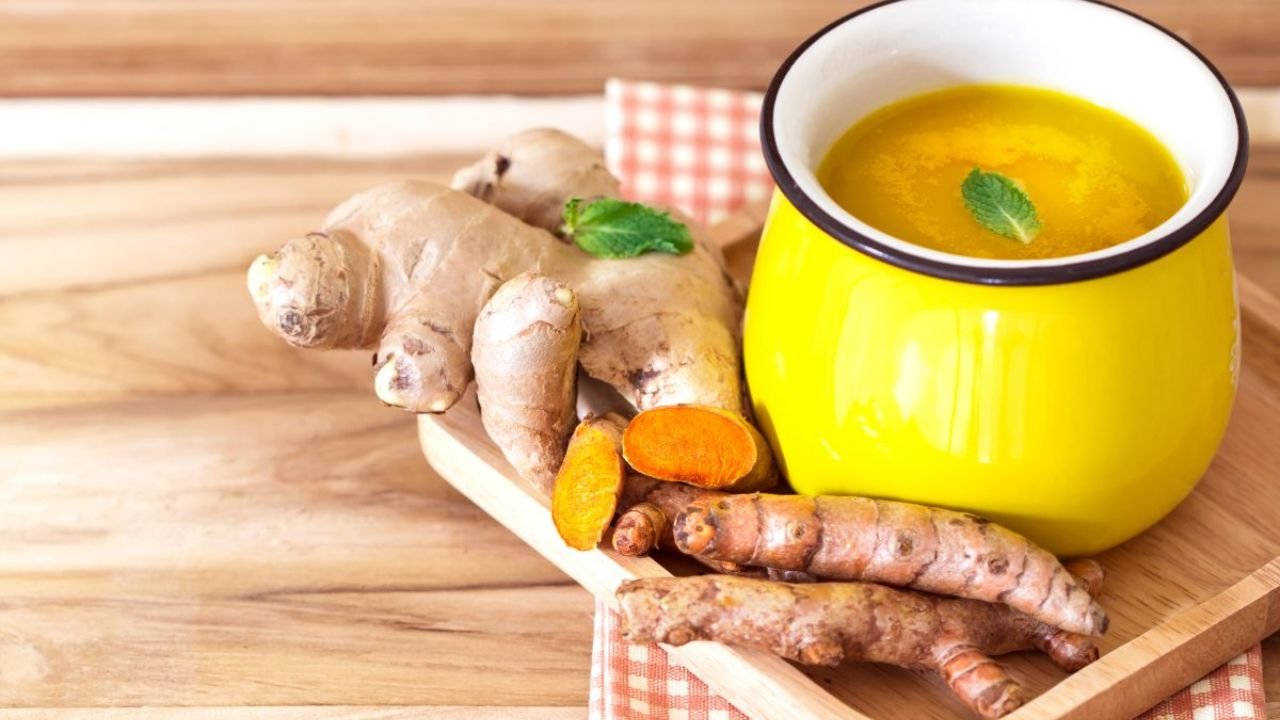There is nothing new in nature being a healer. In ancient times men and women relied on plants, roots and minerals to heal wounds, infections and diseases. A lot of these home remedies are still powerful to date, particularly when it comes to moderate bacterial infections. Several foods and plant extracts have compounds that fight harmful microbes. While they don’t always replace prescription treatments, these natural antibiotics may support the body’s immune system and prevent mild infections from spreading.
Let’s take a look at some of the most effective remedies you can try at home—plus when to see a doctor.
1. Garlic
Garlic has a good medicinal value. Allicin, a sulfur-based molecule with reported antibacterial effect, is the most important constituent component in garlic. Allicin is antimicrobial, as it affects the bacterial cell walls. This renders garlic very efficient when dealing with such common pathogens as Salmonella, E. coli, and Staphylococcus aureus.
How to Use Garlic:
- Eat 1–2 raw cloves daily for immune support.
- Crush and mix with olive oil for topical use.
- Add raw garlic to salads, dressings, or dips.
Caution: Garlic can thin the blood. Avoid high doses if you’re on anticoagulant medications.
2. Raw Honey
Honey is more than a sweet treat—it’s a potent remedy with natural antimicrobial effects. Raw or medical-grade honey contains enzymes, hydrogen peroxide, and a low pH that prevents bacterial growth. Honey creates a moist healing environment and also draws fluid out of bacteria (osmotic effect), helping to kill them.
How to Use Honey:
- Apply raw honey on cuts, minor burns, or sores.
- Mix 1 tablespoon into warm tea for sore throats.
- Use Manuka honey for stronger antibacterial support.
Tip: Avoid giving honey to infants under one year due to botulism risk
3. Echinacea
Echinacea boosts the immune system and may reduce the duration of colds or mild infections. It also helps activate white blood cells, which target harmful bacteria. A 2020 review showed that echinacea extract could fight against respiratory infections and skin infections caused by Streptococcus pyogenes.
How to Use Echinacea:
- Brew dried echinacea in hot water (1–2 cups/day).
- Take a tincture or capsule (follow label directions).
- Combine with vitamin C for added immune strength.
People allergic to ragweed should avoid echinacea to prevent allergic reactions.
4. Turmeric
The active compound curcumin in turmeric helps reduce inflammation and fights off bacteria by interfering with their replication process. It’s especially helpful for joint infections or digestive discomfort caused by microbes.
Turmeric is widely used in Ayurvedic and Chinese medicine for treating skin wounds and internal infections.
How to Use Turmeric:
- Take 500–1000 mg curcumin extract with black pepper daily.
- Add 1 tsp turmeric powder to warm milk or tea.
- Use turmeric paste on minor skin infections or acne.
Note: Curcumin absorption increases significantly with piperine from black pepper.
5. Ginger
Ginger contains powerful bioactive substances like gingerol and zingerone. These help prevent bacterial overgrowth in the gut and reduce inflammation in tissues. Studies show ginger may inhibit bacterial strains like Listeria, Salmonella, and E. coli.
How to Use Ginger:
- Drink fresh ginger tea 1–2 times per day.
- Use fresh grated ginger in cooking.
- Apply ginger juice (diluted) to minor skin rashes.
Too much ginger may cause heartburn or nausea in sensitive individuals.
6. Apple Cider Vinegar
Apple cider vinegar (ACV) is acidic and contains acetic acid, which helps eliminate harmful bacteria. It’s often used for surface infections or fungal problems. Though not an antibiotic in the traditional sense, its pH-balancing effects make it difficult for bacteria to thrive.
How to Use Apple Cider Vinegar:
- Dilute 1:4 with water and use as a rinse for skin or scalp.
- Gargle diluted ACV for sore throat (1 tsp in warm water).
- Mix 1–2 tsp with water and drink before meals to improve digestion.
Do not use ACV undiluted, as it may damage tooth enamel or irritate skin.
7. Coconut Oil
Coconut oil contains lauric acid, which has been shown to kill bacteria, fungi, and viruses. It is particularly useful for skin infections and maintaining oral health.
Studies indicate that lauric acid can break down the lipid coating around certain bacteria, weakening their structure.
How to Use Coconut Oil:
- Apply virgin coconut oil to cuts or acne-prone skin.
- Use oil pulling (1 tbsp swished in mouth for 10 minutes).
- Included in cooking to benefit from internal antimicrobial effects.
Choose cold-pressed, organic coconut oil for best quality.
Organic Antibiotics vs Prescription Antibiotics
| Feature | Organic Antibiotics | Prescription Antibiotics |
| Source | Plants, herbs, foods | Lab-manufactured chemicals |
| Scope | Mild to moderate support | Broad and targeted spectrum |
| Side Effects | Few (if used properly) | Common (nausea, gut imbalance) |
| Resistance Risk | Low | High with overuse |
| Examples | Garlic, Honey, Ginger | Amoxicillin, Azithromycin |
Antibiotics are best used for prevention, mild infections, or topical support. For serious or systemic infections, consult a doctor and follow their prescription.
What Makes an Ingredient Antibacterial?
Here’s a table showing some common antibacterial compounds in natural remedies and how they work:
| Compound | Source | Antibacterial Action |
| Allicin | Garlic | Damages bacterial membranes |
| Curcumin | Turmeric | Interrupts bacterial reproduction |
| Gingerol | Ginger | Inhibits enzyme activity in microbes |
| Acetic Acid | Apple Cider Vinegar | Alters pH to prevent growth |
| Hydrogen Peroxide | Honey | Oxidizes and kills pathogens |
These compounds offer a unique approach to healing—by supporting the immune system without disrupting healthy bacteria.
Safety Tips and When to Seek Medical Help
While natural remedies can be helpful, here are important things to keep in mind:
- Don’t use natural remedies for serious infections (fever, severe pain, pus, spreading rash).
- Always patch-test new oils or extracts on a small skin area.
- Avoid combining too many remedies at once.
- Pregnant women, people on blood thinners, or with chronic illness should consult a healthcare provider first.
If symptoms persist or worsen after 2–3 days of home treatment, seek medical advice.
Final Thoughts
Natural remedies like garlic, honey, turmeric, and ginger offer powerful health benefits. Used wisely, they can aid in fighting off minor infections, support immune function, and reduce the need for unnecessary antibiotics. That said, antibiotics work best when part of a larger healthy lifestyle. Pair them with sleep, hydration, good nutrition, and regular check-ups to maintain wellness.
Always speak with a doctor before starting new treatments—especially if you’re already on medications or managing a health condition. While nature provides potent healing options, they are most effective when used safely and in the right context.







